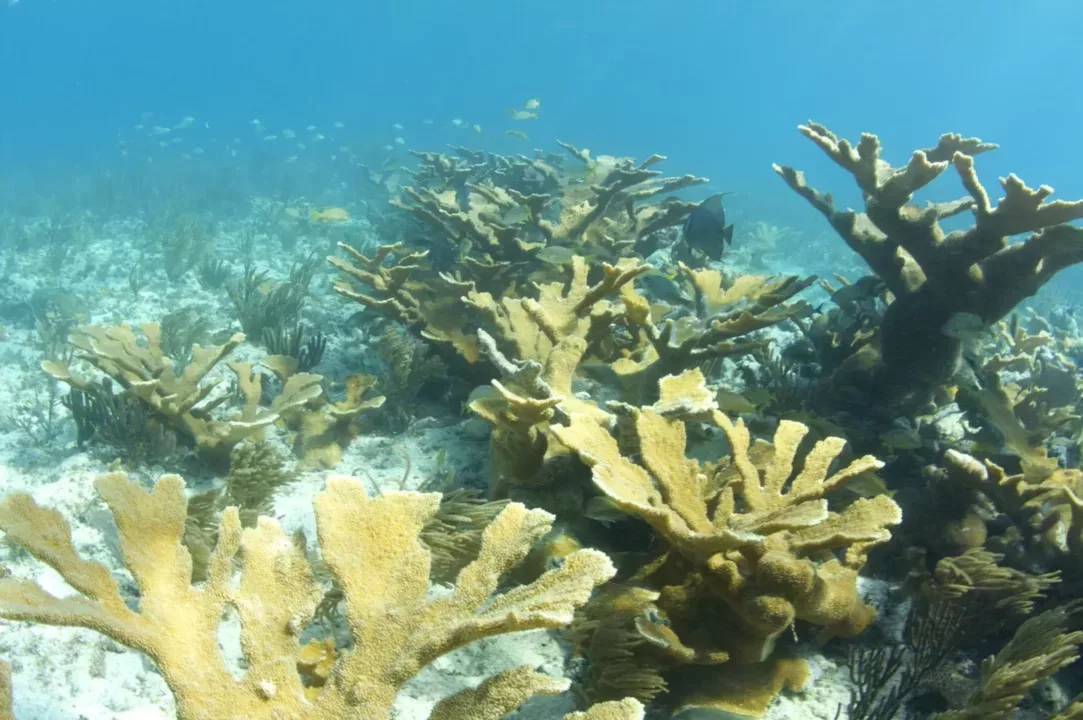Washington, 27 June 2014 — The Global Environment Facility (GEF) through the World Bank has contributed US$7.2 million to the Caribbean Biodiversity Fund (CBF) to promote the conservation, protection, management and expansion of national protected area systems and other areas of biodiversity significance across the Eastern Caribbean region.
The marine and coastal resources of the Caribbean—its coral reefs, beaches, fisheries and mangroves—serve as an essential economic engine. However, unsustainable coastal development, climate change and overfishing, as well as land-based sources of sediment and pollution are negatively impacting the region’s marine and coastal ecosystems.
The CBF will distribute the proceeds generated by the investment to conservation trust funds that are in the process of being established in Antigua and Barbuda, Grenada, Saint Kitts and Nevis, Saint Lucia, and Saint Vincent and the Grenadines. These locally-managed funds will make grants to government agencies and non-governmental organizations to execute conservation projects with a strong emphasis on marine habitats.
“The return on investments from the CBF endowment will be a sustainable source of funds that will help countries cover their costs for the management of protected area systems and other conservation needs” says Yabanex Batista, Chief Executive Officer of the CBF. “We are currently working on increasing the CBF capital and bringing more resources to further assist countries.”
The contribution was made under the aegis of the GEF/World Bank’s Sustainable Financing and Management of Eastern Caribbean Marine Ecosystem Project, which aims to ensure the long-term conservation and sustainable management of fragile marine ecosystems in the Eastern Caribbean. This project is being executed by The Nature Conservancy on behalf of the participating countries.
“The Caribbean is the most biologically rich area in the Atlantic, retaining 10% of the world’s coral reefs and 12,000 marine species”, says Dr. Philip Kramer, Director of The Nature Conservancy’s Caribbean Program. “Continued investments in the Caribbean Biodiversity Fund, such as this generous support from the World Bank/GEF, are critical for putting the Caribbean on a path to a sustainable future.”
The CBF forms a central part of the Caribbean Challenge Initiative, which was launched in 2008 as part of a larger regional effort that seeks to protect 20 percent of marine ecosystems in participating countries by 2020 and to promote consensus among governments, businesses, and non-governmental organizations on actions needed to address the challenges of coastal and marine conservation.
Established in 2012, the CBF is a regional fund that will provide long-term funding for biodiversity conservation in the Caribbean. Donors have committed nearly US $42 million in initial financial commitments to capitalize the CBF endowment. In addition to this $7.2M gift from the World Bank/GEF, other funders include the Government of Germany (BMZ/KfW), (US $26M), The Nature Conservancy (US $8M), and the United Nations Development Programme, also on behalf of the GEF (US $750K).
“The CBF is an unprecedented regional partnership bringing together multilateral and bilateral agencies, international NGOs, countries and local stakeholders in the Caribbean” says Jens Mackensen of KfW the German Development Bank and Chair of the CBF Board. “We are grateful to the GEF and the World Bank for their contribution, which bring us very close to achieving the CBF Phase I endowment capitalization target of US$42 million.”
Credit photograph: B. Bischof/Marine Photobank
